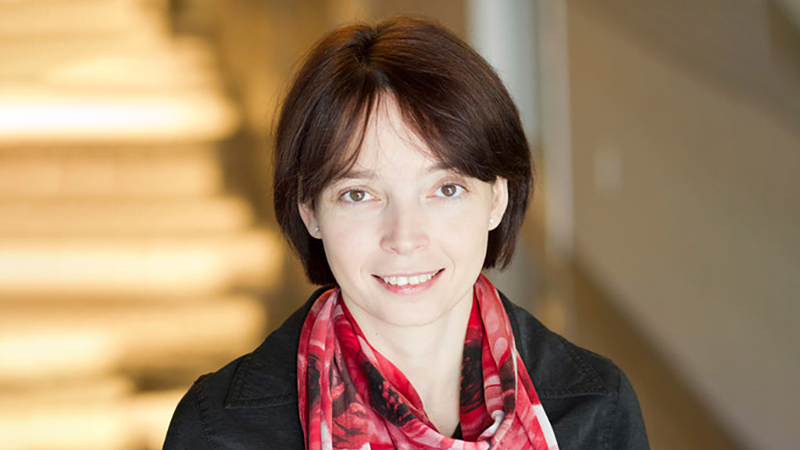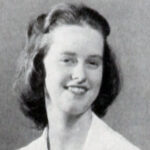Zhongxi Li
Citation: As his main research topic, Zhongxi worked on medical device technology, specifically technology to non-invasively activate neurons in the brain. Instead of incrementally following the trends in the field and pushing the boundaries, he designed quite radical techniques to bypass the problem of limited focality of electromagnetic fields in the low-frequency range where neurons are susceptible. He developed an understanding and the necessary technology to use the type-specific activation dynamics of neurons to shift the balance of activation between neuron populations in the focus. That step, however, required the development of fundamentally different high-power electronic circuit concepts since conventional power electronics considered the problem of generating an arbitrary high-bandwidth output at high power as not solvable with existing circuits and semiconductors. This concept has now already been taken up by various other groups and several companies evaluate its commercialization.
Furthermore, Zhongxi developed a strong affection for energy and power topics, which he initially only pursued as his unrelated personal interest. He designed a novel concept to turn conventional hard-wired batteries into dynamically reconfigurable systems using only relatively low-cost low-voltage electronics to reach high power levels. Such reconfigurable batteries can for the first time solve the major problem of the large manufacturing tolerances of battery cells. In conventional batteries, the weakest cell determines the overall battery performance with respect to power, capacity, aging, and terminal damage. Zhongxi’s reconfigurable battery circuits can rapidly change the series and parallel configuration of its subunits to control charge, power, aging potential, and heat, while even bypassing broken elements at little extra cost. As this limitation is gone in reconfigurable batteries, which can further dynamically adjust their output voltage and even generate AC, Zhongxi’s concepts have started a new research field. Leading companies from the automotive and large silicon-valley technology companies are currently taking up this idea.
In addition to the first two contributions, which have already left a likely long-lasting impression on research and our actual world as products using such technology emerge, several courses here at Duke inspired his interest for unbiased statistics and estimation theory. Instead of only studying existing methods and applying them as an amateur, he again was eager to bring his work to a professional level so that he could himself successfully make a contribution to the field. He designed an estimator for neural responses to brain stimulation, which has substantially higher sensitivity than any method known in the field, is unbiased, and even achieves maximum-likelihood properties. With that method, Zhongxi could further demonstrate that excitatory responses to brain stimulation happen already at very low stimulation amplitudes and that what was previously considered the stimulation threshold in noninvasive brain stimulation and used as dosage parameter for all related diagnostic and treatment applications, is rather in the middle of the dose response curve.






